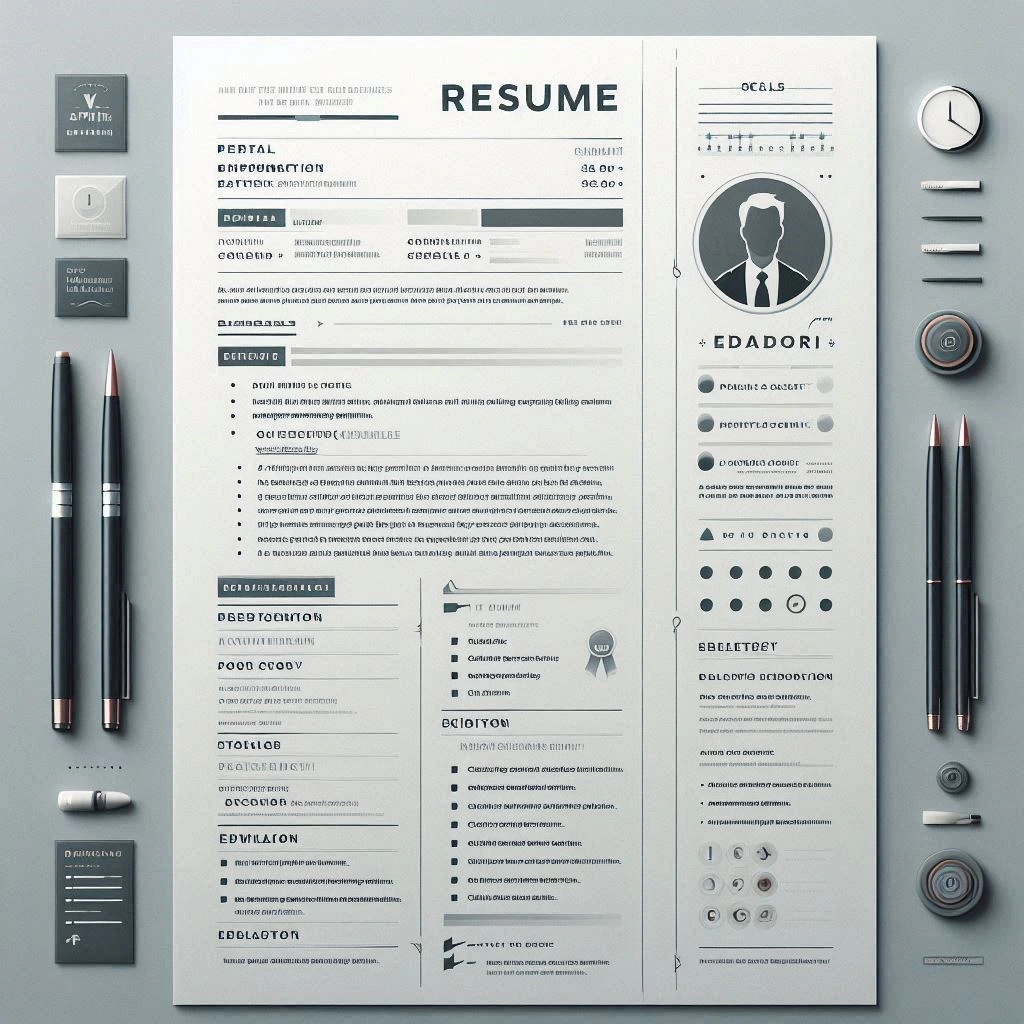In the realm of business operations, bookkeeping plays a crucial role in maintaining financial health and ensuring compliance with regulations. For those interested in starting a career, there are no experience bookkeeping jobs available that offer entry into this essential field. Bookkeeping involves the systematic recording, organizing, and managing of financial transactions, which is essential for businesses of all sizes. Accurate bookkeeping not only helps in tracking income and expenses but also provides valuable insights into a company’s financial performance, aiding in strategic decision-making.
The connection between bookkeeping and internal audit roles is significant. Internal auditors rely heavily on the accuracy and completeness of financial records to assess risk, evaluate internal controls, and ensure compliance with laws and regulations. A solid foundation in bookkeeping can provide aspiring internal auditors with the necessary skills to analyze financial data effectively, identify discrepancies, and recommend improvements. Understanding the nuances of bookkeeping can enhance an internal auditor’s ability to conduct thorough audits and contribute to the overall financial integrity of an organization.
For independent job seekers looking to break into the field of bookkeeping, freelancing presents a viable pathway to gain practical experience. Freelancing allows individuals to take on various bookkeeping tasks for different clients, providing them with hands-on experience in managing financial records and understanding business operations. This approach not only helps in building a portfolio but also fosters essential skills such as time management, client communication, and problem-solving. By starting as a freelance bookkeeper, individuals can gradually transition into more specialized roles, including internal audit, as they accumulate experience and develop their expertise in financial management.
Understanding Bookkeeping
Freelancing as a bookkeeper can be an excellent entry point for individuals looking to gain experience in the field of internal audit. Understanding the foundational principles of bookkeeping is essential for anyone considering this path. Here are the key points to consider:
Core Functions of Bookkeeping: The primary functions of bookkeeping involve three main activities:
- Recording: This entails documenting all financial transactions in a systematic manner. Accurate recording is crucial as it forms the basis for all financial reporting.
- Classifying: Once transactions are recorded, they need to be categorized into various accounts (e.g., assets, liabilities, income, expenses). This classification helps in organizing financial data for analysis.
- Summarizing: After transactions are recorded and classified, the next step is to summarize the data into financial statements, such as income statements and balance sheets. This summary provides a clear picture of the financial health of a business.
Common Bookkeeping Tasks: Freelance bookkeepers typically handle a variety of tasks, which may include:
- Invoicing: Creating and sending invoices to clients for services rendered or products sold.
- Payroll: Managing employee payments, including calculating wages, withholding taxes, and ensuring compliance with labor laws.
- Bank Reconciliation: Regularly comparing the company’s financial records with bank statements to ensure accuracy and identify discrepancies.
Basic Bookkeeping Tools and Software: To effectively manage bookkeeping tasks, freelancers can utilize various tools and software. Some popular options include:
- QuickBooks: A widely used accounting software that offers features for invoicing, expense tracking, and financial reporting.
- FreshBooks: This cloud-based accounting solution is particularly user-friendly for freelancers, providing tools for invoicing, time tracking, and expense management.
By understanding these core aspects of bookkeeping, independent job seekers can position themselves effectively in the freelance market, gaining valuable experience that can lead to opportunities in internal audit and beyond.
The Benefits of Freelancing as a No Experience Bookkeeper
Freelancing as a bookkeeper can be an excellent entry point for individuals looking to break into the field of internal audit, even without prior experience. Here are some key advantages of starting a freelance bookkeeping career:
- Flexibility in Work Hours and Project Choices: Freelancing offers the freedom to set your own schedule and choose the projects that interest you. This flexibility allows you to balance your work with other commitments, making it easier to manage your time effectively. You can take on as many or as few clients as you wish, tailoring your workload to fit your lifestyle and preferences [6].
- Opportunities to Build a Diverse Portfolio and Client Base: As a freelance bookkeeper, you have the chance to work with various clients across different industries. This exposure not only helps you develop a broad skill set but also allows you to build a diverse portfolio that showcases your capabilities. A varied client base can enhance your resume and make you more attractive to potential employers in the internal audit field [8].
- Low Barriers to Entry; Minimal Investment Required to Start: Starting a freelance bookkeeping career typically requires minimal investment. You can begin with basic accounting software and a reliable computer, making it accessible for those with limited financial resources. This low barrier to entry means that you can start gaining experience and building your skills without a significant upfront cost [1].
- Capacity to Learn and Adapt Quickly Through Real-World Experience: Freelancing provides a unique opportunity to learn on the job. As you manage different clients’ financial records, you will encounter various challenges that will enhance your problem-solving skills and deepen your understanding of bookkeeping practices. This hands-on experience is invaluable and can significantly accelerate your learning curve, preparing you for more advanced roles in internal audit [3][9].
Freelancing as a no experience bookkeeper not only offers flexibility and the chance to build a diverse portfolio but also presents a low-cost entry point into the field. The real-world experience gained through freelancing can be instrumental in paving the way for a successful career in internal audit.
How to Get Started as a Freelance Bookkeeper
Embarking on a freelance bookkeeping career can be an excellent way for independent job seekers to gain valuable experience, especially for those interested in transitioning into internal audit roles. Here are actionable steps to help you start your freelance bookkeeping journey:
- Identify and Leverage Your Existing Skills: Begin by assessing your current skills that can be applied to bookkeeping. Skills such as attention to detail, organization, and basic math can be highly transferable. Understanding how to manage finances or familiarity with software tools can also provide a solid foundation for your freelance work [5][8].
- Take Online Courses or Certifications: To enhance your knowledge and credibility, consider enrolling in online courses or obtaining certifications in bookkeeping and accounting principles. These educational resources can help you grasp essential concepts such as debits and credits, financial statements, and accounting software, which are crucial for any aspiring bookkeeper [10].
- Create a Professional Online Presence: Establishing a strong online presence is vital for attracting clients. Develop a professional website that showcases your services, skills, and any relevant experience. Additionally, optimize your LinkedIn profile to highlight your bookkeeping capabilities and connect with potential clients and industry professionals [2][9].
- Network with Local Businesses and Join Freelancing Platforms: Actively network within your community by reaching out to local businesses that may require bookkeeping services. Joining freelancing platforms like Upwork and Fiverr can also provide access to a broader client base. These platforms allow you to create profiles, bid on projects, and build a portfolio, even if you are just starting out [1][6].
By following these steps, independent job seekers can effectively launch their freelance bookkeeping careers, gaining the experience necessary to transition into internal audit roles in the future. Remember, starting as a freelancer may feel daunting, but with determination and the right approach, it can lead to rewarding opportunities in the financial sector [3].
Gaining Experience and Building Skills
Freelancing as a no-experience bookkeeper can serve as a strategic entry point into the world of internal audit. This path not only allows you to gain practical experience but also helps you develop essential skills that are highly valued in the auditing profession. Here are some key strategies to enhance your learning and skill development in bookkeeping:
- Engage in Real-Life Projects: One of the most effective ways to gain experience is by working on real-life bookkeeping projects, even if they are unpaid. Volunteering for non-profit organizations or assisting small businesses with their financial records can provide you with hands-on experience that is invaluable. This practical exposure helps you understand the nuances of bookkeeping and prepares you for more complex tasks in the future [4].
- Seek Mentorship and Join Bookkeeping Groups: Connecting with experienced professionals can significantly accelerate your learning curve. Look for mentorship opportunities where seasoned bookkeepers can guide you through the intricacies of the profession. Additionally, joining bookkeeping groups or forums can provide a platform for networking, sharing knowledge, and receiving feedback on your work [2].
- Utilize Online Resources and Communities: The internet is a treasure trove of educational resources. Take advantage of online courses, webinars, and forums dedicated to bookkeeping and internal audit. These platforms often offer insights into best practices, industry standards, and emerging trends, which are crucial for your professional development. Engaging with these communities can also help you stay updated on the latest tools and technologies used in bookkeeping.
- Track and Document Your Progress: As you embark on your freelance bookkeeping journey, it’s essential to keep a record of your projects, skills acquired, and any challenges faced. Documenting your experiences not only helps you reflect on your growth but also serves as a strong foundation for your resume. Highlighting your practical experience, even if it was gained through freelancing or volunteer work, can make you a more attractive candidate for future positions in internal audit [1][8].
By focusing on these strategies, independent job seekers can effectively build their bookkeeping skills and gain the experience necessary to transition into internal audit roles. Continuous learning and proactive engagement in the field will not only enhance your employability but also prepare you for a successful career in finance.
Transitioning to Internal Audit
Freelancing as a bookkeeper can serve as a strategic stepping stone for those aspiring to enter the field of internal audit, even without prior experience. Here are some key points illustrating how freelance bookkeeping can facilitate this transition:
Skills Development: Freelance bookkeeping hones several essential skills that are directly applicable to internal audit roles.
Analytical Skills: Bookkeepers regularly analyze financial data to ensure accuracy and compliance, which is a critical component of internal auditing. This analytical mindset is crucial for identifying discrepancies and understanding financial trends.
Attention to Detail: The nature of bookkeeping requires meticulous attention to detail, as even minor errors can lead to significant financial discrepancies. This skill is equally vital in internal audit, where thoroughness is necessary to evaluate financial statements and internal controls effectively.
Valuable Business Insights: Engaging in freelance bookkeeping allows individuals to work with a variety of clients across different industries. This exposure provides:
- Understanding of Business Operations: Freelancers gain insights into how different businesses operate, including their financial processes and internal controls. This knowledge is beneficial when transitioning to internal audit, as auditors must understand the operational context of the organizations they evaluate.
- Diverse Experience: Working with various clients can enhance adaptability and problem-solving skills, which are essential in internal audit roles where auditors must assess unique business environments and challenges.
- Networking and Continuing Education: Building a career in internal audit often hinges on professional connections and ongoing learning.
- Networking Opportunities: Freelancing can help individuals expand their professional network. Engaging with clients, attending industry events, and joining professional organizations can lead to valuable contacts in the internal audit field.
- Continuing Education: Pursuing certifications or courses related to internal audit while freelancing can further enhance qualifications. This commitment to professional development demonstrates a proactive approach to career advancement and can make candidates more attractive to potential employers in the internal audit sector.
Freelancing as a bookkeeper not only equips individuals with relevant skills but also provides practical experience and networking opportunities that are crucial for a successful transition into internal audit. By leveraging the insights gained through freelance work and committing to continuous learning, independent job seekers can effectively pave their way into this rewarding career path.
Conclusion
In conclusion, embarking on a freelance bookkeeping jobs can be a strategic and rewarding pathway for those looking to enter the field of internal audit, especially for individuals with no prior experience. Here are the key takeaways to consider:
- Benefits of Freelancing: Starting a freelance bookkeeping career offers numerous advantages, including flexibility in work hours, the ability to choose clients, and the opportunity to build a diverse portfolio. This experience not only enhances your skills but also provides practical knowledge that is invaluable in the accounting and auditing sectors. Freelancing allows you to gain hands-on experience in managing financial records, which is crucial for a future role in internal audit [10][12].
- Taking the First Steps: For independent job seekers, the journey into bookkeeping can begin with small, manageable steps. Consider offering your services to local businesses or startups that may need assistance with their financial records. Online platforms can also connect you with clients seeking freelance bookkeepers. By starting small, you can gradually build your confidence and expertise in the field [11][14].
- Growth Potential: As you gain experience in freelance bookkeeping, you will find opportunities for growth and advancement into internal audit roles. The skills and knowledge acquired through freelance work can serve as a solid foundation for a career in internal auditing, where attention to detail and financial acumen are paramount. Many professionals transition from bookkeeping to internal audit, leveraging their freelance experience to enhance their qualifications and marketability [13].
In summary, freelancing as a no experience bookkeeper is not just a viable option; it is a strategic move that can lead to significant career advancement in the field of internal audit. Embrace the opportunity to learn, grow, and pave your way toward a successful career in finance.
Find out more about Shaun Stoltz https://www.shaunstoltz.com/about/
This post was written by an AI and reviewed/edited by a human.



